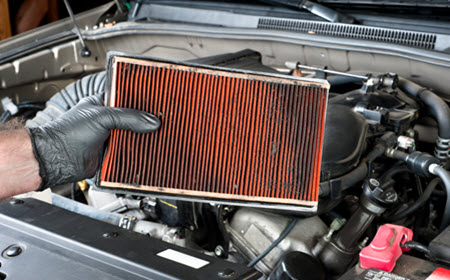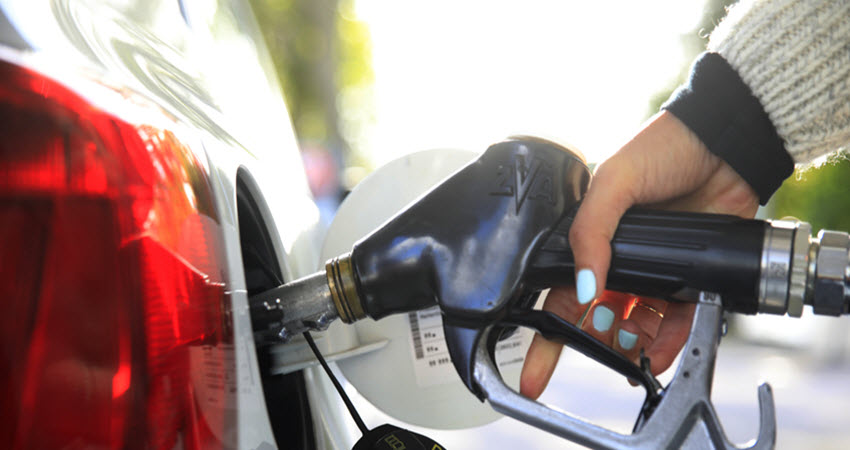Volkswagen is a renowned name in the automotive industry. The brand has faced its fair share of challenges, and one of the most pressing issues is increased fuel consumption in some of its models. This issue has raised considerable attention, prompting a closer examination of the factors contributing to this irregularity across Volkswagen‘s vehicle lineup. Understanding these influences is crucial in addressing and rectifying the increased fuel usage experienced in select Volkswagen models. Let’s take a look at some of these influencing factors.
Advanced Technology and Complex Systems
Volkswagen has been at the forefront of innovation, introducing advanced technologies and complex systems to enhance performance and overall driving experience. While these innovations have undoubtedly elevated the brand, they have also contributed to increased fuel consumption in some models.
Sophisticated engine management systems, adaptive cruise control, and various other smart features demand a significant amount of electrical power. This, in turn, puts an added strain on the engine, leading to increased fuel consumption. The balance between delivering cutting-edge technology and maintaining fuel efficiency is a delicate one, and automakers, including Volkswagen, continue to grapple with finding the sweet spot.
Driving Conditions and Habits
The way a vehicle is driven and the conditions under which it operates play a crucial role in determining fuel efficiency. While Volkswagen vehicles are engineered to perform well under various circumstances, individual driving habits and specific conditions can contribute to increased fuel consumption. Frequent stop-and-go traffic and aggressive driving behavior are factors that can significantly impact fuel efficiency. It is essential for drivers to be conscious of their habits to ensure optimal performance and fuel economy.
Aerodynamics and Body Design
The aerodynamics of a vehicle play a crucial role in fuel efficiency. In an effort to create visually appealing and distinctive designs, car manufacturers, including Volkswagen, may sometimes compromise on the aerodynamic efficiency of their vehicles. Unfavorable aerodynamics can lead to increased air resistance, requiring more energy to propel the vehicle forward. This is particularly relevant at higher speeds on highways, where even small improvements in aerodynamics can have a notable impact on fuel efficiency. Therefore, if certain Volkswagen models prioritize design over aerodynamics, it could contribute to higher fuel consumption.
Increased Vehicle Weight
The increased fuel consumption in specific Volkswagen models is attributed to the added weight of advanced safety and technology features. While these enhancements ensure safer and more comfortable driving experiences, the resulting heavier load demands more energy for propulsion, leading to heightened fuel usage. Also, carrying excessive weight in the vehicle, whether it’s cargo or additional passengers, increases fuel consumption as the engine works harder to move the extra mass.
Fuel Quality and Variability
The quality and consistency of fuel can significantly affect a vehicle’s performance and fuel efficiency. Variability in fuel quality from one gas station to another can be a factor contributing to increased fuel consumption. Modern engines, especially those designed for optimal efficiency, may be sensitive to variations in fuel composition. If the engine management system is not finely tuned to accommodate these variations, it could result in suboptimal fuel combustion and efficiency.
Inadequate Maintenance
This stands as a significant factor impacting fuel consumption in Volkswagen vehicles. Neglected upkeep, including irregular oil changes, dirty air filters, and disregarded engine tune-ups, can notably hinder fuel efficiency. Poorly maintained vehicles often experience increased friction and inefficiencies, elevating fuel consumption. Addressing maintenance gaps is crucial in optimizing fuel efficiency and ensuring Volkswagen models operate at their most economical levels.
Let Us Help You Maximize Your Fuel
At Bimmer Performance, we understand the need for routine  maintenance of your Volkswagen to ensure it performs at its best, delivering the fuel efficiency you expect. Our dedicated team is committed to providing top-notch service to Volkswagen owners in Sugar Land, Mission Bend, Cinco Ranch, Katy, and Houston, TX. Whatever your concerns are, we have the expertise to address them all.
maintenance of your Volkswagen to ensure it performs at its best, delivering the fuel efficiency you expect. Our dedicated team is committed to providing top-notch service to Volkswagen owners in Sugar Land, Mission Bend, Cinco Ranch, Katy, and Houston, TX. Whatever your concerns are, we have the expertise to address them all.
By entrusting your Volkswagen to our mechanics at Bimmer Performance, you are choosing a team that not only understands the complexities of modern automotive technology but is also dedicated to optimizing your vehicle’s performance. We pride ourselves on staying abreast of industry developments, ensuring that our services align with the latest advancements and recommendations from Volkswagen. Schedule an appointment with Bimmer Performance now, and let us take care of your Volkswagen’s maintenance needs.
 1320 Upland Drive Houston, TX 77043
1320 Upland Drive Houston, TX 77043 281-948-2913
281-948-2913
